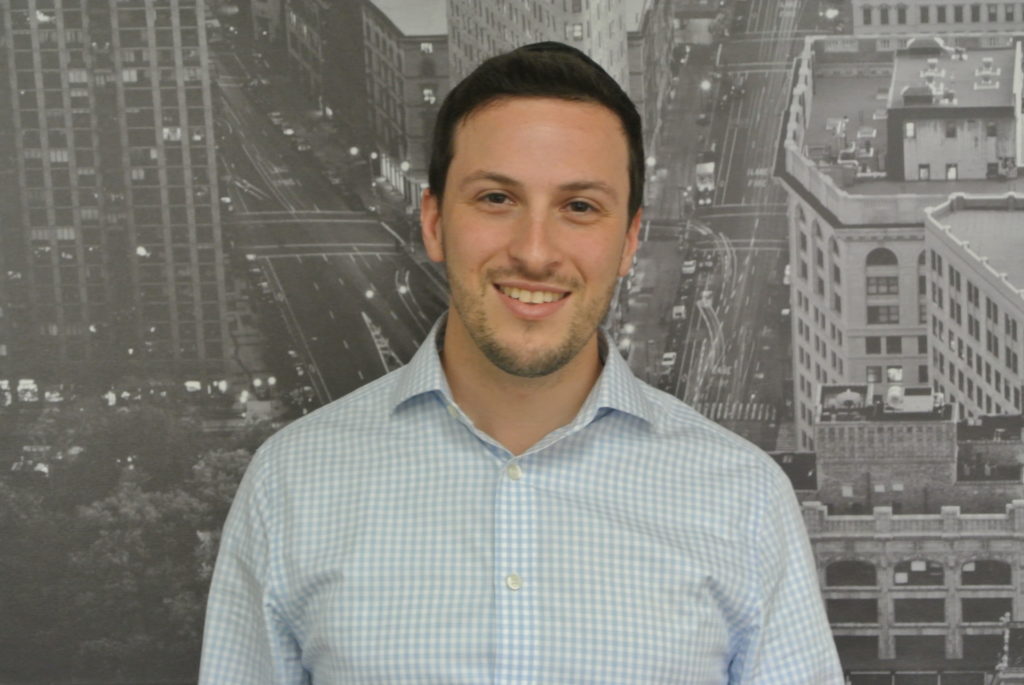By: Alexander Gordon, M.A.
While at the U.S. Open tennis tournament, I happened to watch Venus Williams in an early round. She brought a lot of energy, passion, and skill to the match I watched. However, when she missed a shot on one occasion, she seemed to glare at her racquet as if it was the racquet’s fault. I’m sure there may be occasions when a racquet might be defective, but highly unlikely to occur right in the midst of a match of this caliber. So who was responsible for the lost points, Venus or the racquet?
One of the most difficult tasks in life is to appropriately take ownership for our own flaws or mistakes. People may deny their flaws or avoid confronting or admitting to their mistakes. Others have a tendency to ruminate on or magnify the extent of their flaws or mistakes and begin to view themselves in a negative light as a result. Both of these attitudes qualify as extreme reactions. Reality dictates that humans are fallible. If you’ve never made a mistake before, you are either an infant or lying (or both). And if you think that the mistakes you’ve made define you as a failure of a human being, then you just made another one. We make mistakes and that’s all they are. We may fail sometimes, but we are not failures. This distinction is a critical one to make in order to achieve unconditional self-acceptance. We can all benefit from striving towards accepting who we are, what we have done, and what we will do, while acknowledging that we may have failed.
If Venus was my client, I wouldn’t tell her that she’s a great tennis player and the conditions of the equipment or weather or some other external factor was responsible for her missed shots. I would tell her that she missed a shot, and that’s okay.
Hope you enjoyed this blog post. But if not, that’s fine, too; I won’t always hit a home run.

